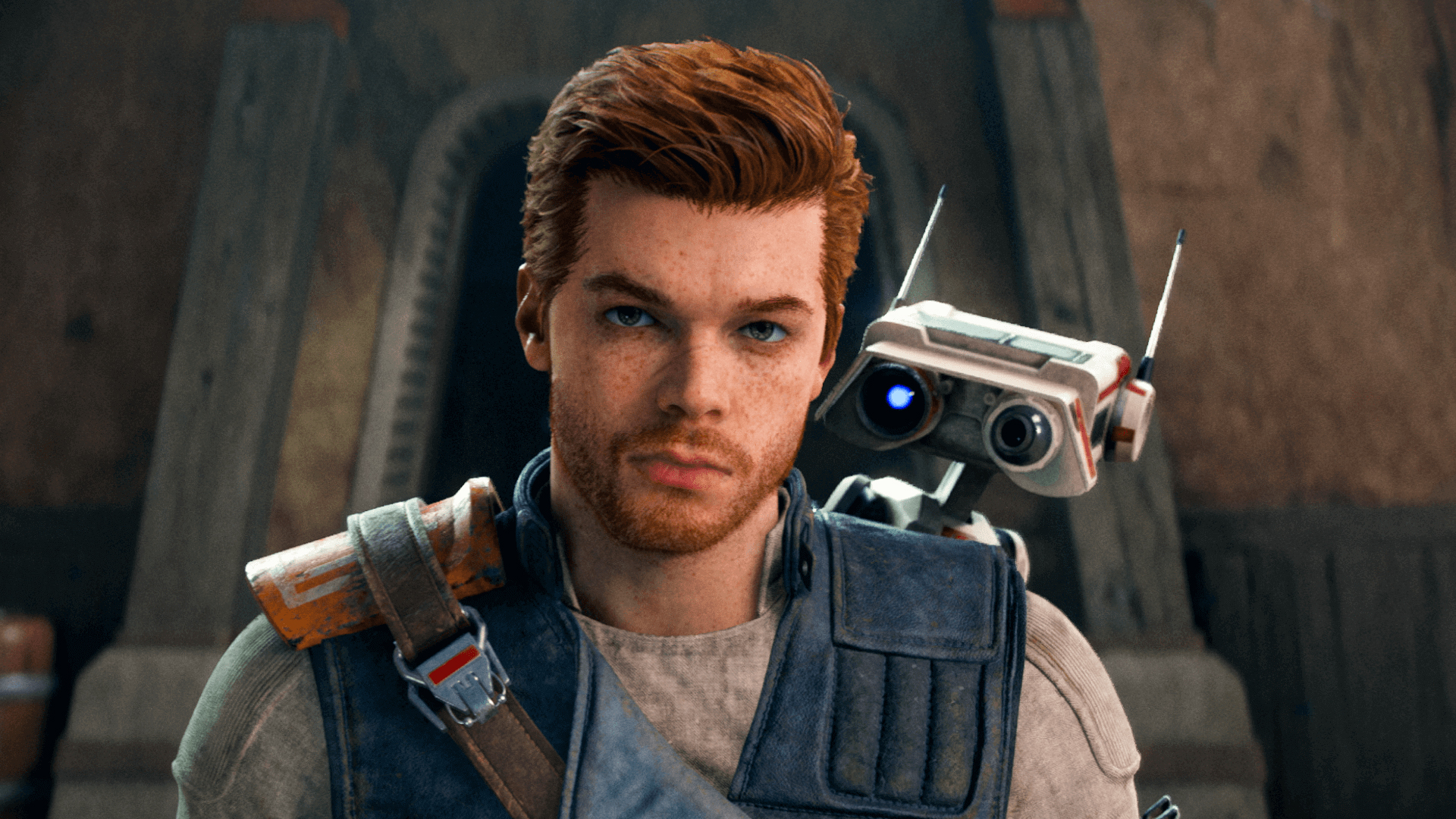EA kinda sorta apologizes for poor Star Wars Jedi: Survivor performance, cites high-end hardware as a problem
"We are aware that Star Wars Jedi: Survivor isn't performing to our standards for a percentage of PC players."

Star Wars Jedi: Survivor is having a rough start on PC. As outlined in my review, performance is choppy in the largest areas of the game and even those hoping to flex their top-of-the-line GPUs are lucky to get a consistent 60 fps. A patch issued pre-release has helped with egregious problems like broken cutscene audio, but larger issues remain, like its inability to utilize the full power of your hardware and its unending hunger for VRAM.
The result on launch day? A "Mostly Negative" user rating on Steam, with reviews almost exclusively citing unacceptable performance.
In response to the PC version backlash, EA issued a half-apology, half-explanatory tweet outlining what it believes to be a significant reason behind Jedi: Survivor's performance: PC players running Windows 10 on high-end CPUs designed for Windows 11, and powerful GPUs coupled with less powerful CPUs.
"For example, players using cutting-edge, multi-threaded chipsets designed for Windows 11 were encountering problems on Windows 10, or high-end GPUs coupled with lower-performing CPUs also saw unexpected frame loss," the tweet reads. "Rest assured we are working to address these cases quickly."
A note from the Jedi Team on the PC version of Star Wars Jedi: Survivor pic.twitter.com/C3bp78VICrApril 28, 2023
Though the statement does go on to apologize to "any of our players experiencing these issues," some are detecting an accusatory tone in the message, as if EA is acknowledging poor performance while also hand-waving it as a problem for only a "percentage" of PC players with powerful hardware.
"'You're using Windows 10 and an i9 10900k? No wonder our game runs at 30fps on your PC with a 4090.' Oh ok… I guess I need to upgrade then?" wrote YouTuber Nick930 in response.
The mention of players using Windows 10 on newer CPUs is a little strange, too. It's not an uncommon practice as far as I'm aware, because there isn't usually much of a downside. In a recent Windows 10 vs Windows 11 showdown, PCWorld found little to no difference in everyday performance when using Windows 10 on Windows 11-optimized Intel chips. Apparently Jedi: Survivor is an outlier.
The biggest gaming news, reviews and hardware deals
Keep up to date with the most important stories and the best deals, as picked by the PC Gamer team.
No matter the cited causes, it's hard to believe that EA has been blindsided by Jedi: Survivor's crappy performance. Just about any PC configuration you throw at it is noticeably choppy, and considering three out of four Steam users are still rocking Windows 10, you'd think this problem was very much foreseeable.
"While there is no single, comprehensive solution for PC performance, the team has been working on fixes we believe will improve performance across a spectrum of configurations," the statement continues. EA notes that "each patch requires significant testing to ensure we don't introduce new problems."
In the meantime, Jedi: Survivor is a great game bruised by a bad framerate.

Morgan has been writing for PC Gamer since 2018, first as a freelancer and currently as a staff writer. He has also appeared on Polygon, Kotaku, Fanbyte, and PCGamesN. Before freelancing, he spent most of high school and all of college writing at small gaming sites that didn't pay him. He's very happy to have a real job now. Morgan is a beat writer following the latest and greatest shooters and the communities that play them. He also writes general news, reviews, features, the occasional guide, and bad jokes in Slack. Twist his arm, and he'll even write about a boring strategy game. Please don't, though.

